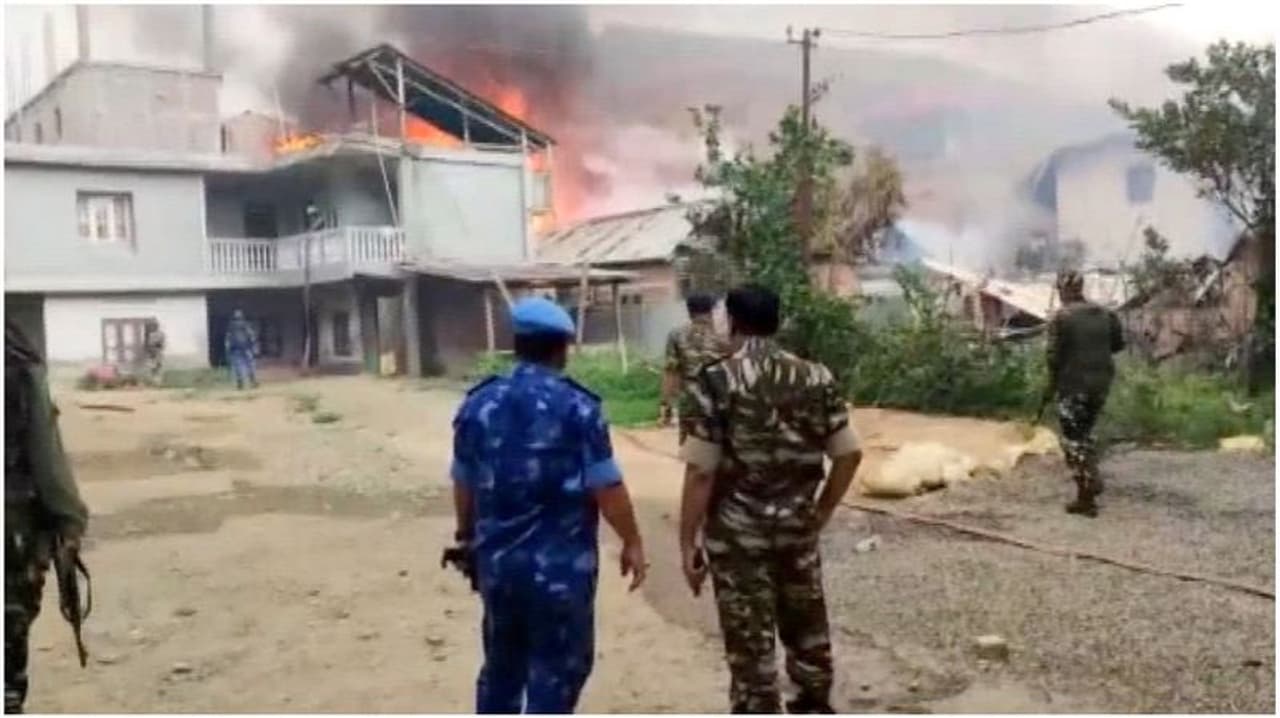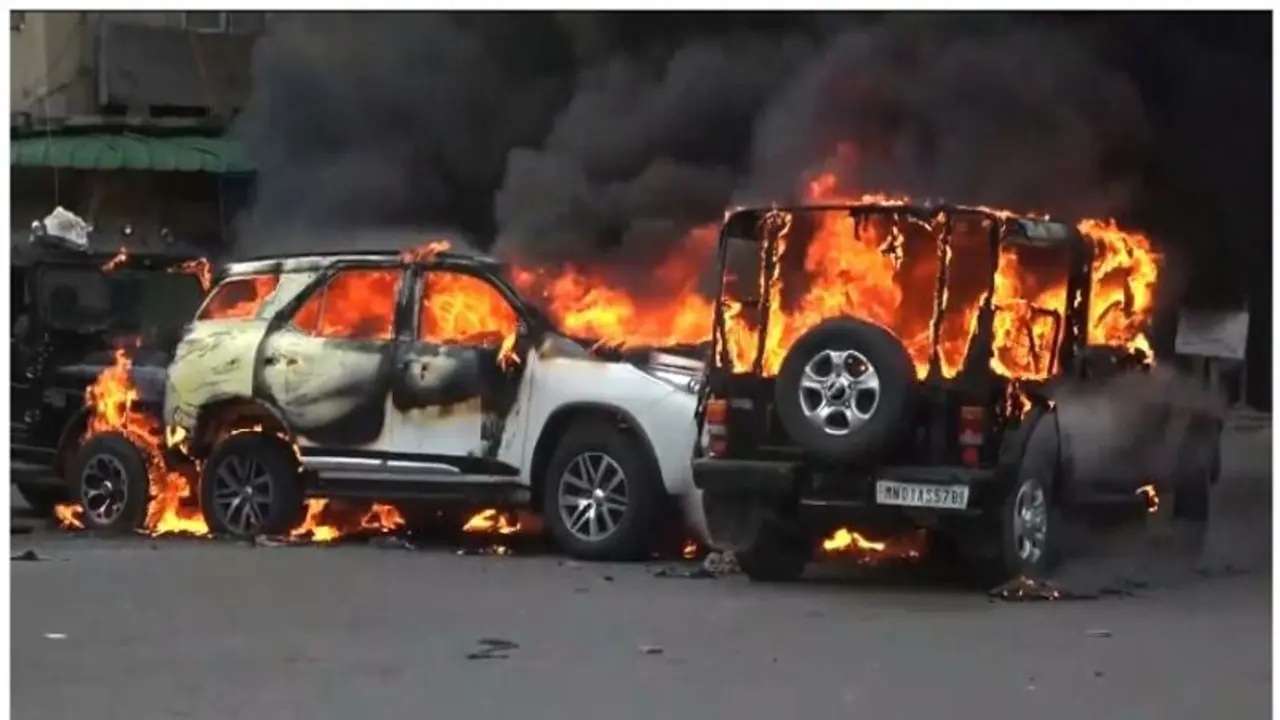Manipur Violece: Experts and local residents in the northeast region are deeply concerned about the recent outbreak of ethnic violence, which they view as a complex and explosive mix of disputes over land rights, cultural dominance, and drug trafficking.
Experts and local residents in the northeast region are deeply concerned about the recent outbreak of ethnic violence, which they view as a complex and explosive mix of disputes over land rights, cultural dominance, and drug trafficking.

The prevailing sentiment among the Meiteis, who primarily inhabit the Imphal valley, is that the clashes stem from the Kuki tribals' involvement in poppy cultivation, militancy, and opposition to granting Scheduled Tribe (ST) status to the Meiteis.
Conversely, the Kuki community, predominantly residing in the hills, accuses the Meiteis of endangering their very existence by attempting to encroach upon their land through the pursuit of ST status. Presently, tribal areas allow land ownership by tribal communities based on customary law.
Prof Angom Dilip Kumar Singh from Manipur University explained that the Kukis' long-standing involvement in poppy cultivation has given rise to a drug culture in Manipur. The government's efforts to eradicate this issue have generated resentment within the community.
Additionally, the Kukis feel uneasy due to the BJP government's proposal for a National Register of Citizens (NRC), as their community members frequently traverse borders with other northeastern states and Myanmar.

The situation is further complicated by the widespread availability of weapons in the state, a remnant of the prolonged insurgency involving the Meiteis, Nagas, and Kukis. Meitei leaders allege that Kuki militants, who had previously agreed to reside in designated camps guarded by central forces, are now freely roaming with weapons. However, the Assam Rifles refutes these claims, stating that a minimum camp strength is maintained while arms are securely locked.
Tensions have also arisen from efforts to reclaim reserved forest lands encroached upon by the Kukis. These lands hold significant historical and cultural importance to the tribal community.
S Athang Haokip, a retired civil servant from the Kuki community, emphasized the land issue, noting that the Meiteis, comprising a large portion of Manipur's population, only possess a small percentage of the fertile Imphal valley. Haokip argued that the existing laws in Manipur prevent Meiteis from acquiring land in the hilly areas, leading to their demand for ST status.
While acknowledging the government's decision to combat poppy cultivation, Haokip questioned the administration's failure to prevent drugs from entering Manipur and subsequently being transported to other parts of India from Southeast Asia.
He also countered claims that the Kukis were migrants from Myanmar, citing their historical involvement in the Indian National Army (INA) and their contribution to India's fight for independence.
Deviya Ningthoujam, a medical student and Meitei refugee affected by the recent clashes, refrained from attributing blame to any specific community. She believed that the conflict arose from a culmination of small misunderstandings and grievances.
"It is an accumulation of small grievances and misunderstandings which led to the clash," she said, highlighting the complexity of the situation and the need for understanding rather than assigning blame to any particular community.
With Agency Inputs
